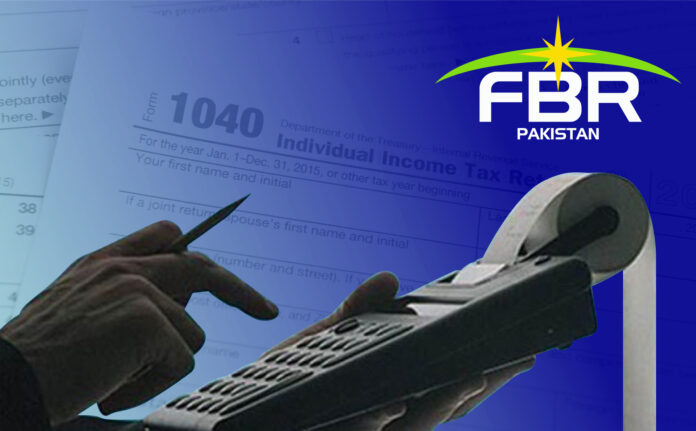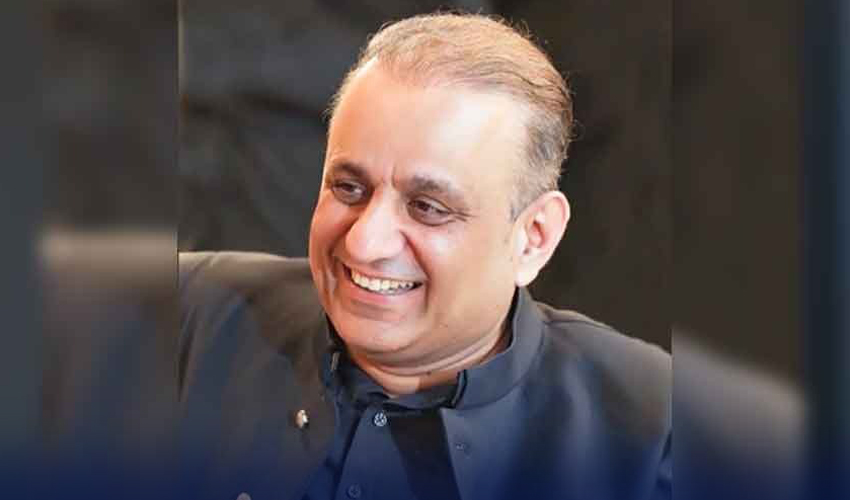TRADE & ECONOMY

Islamabad: Chairman of the Federal Board of Revenue (FBR), Rashid Mahmood Langrial, issued a blunt warning on Thursday, stating that strict action will be taken against those who fail to submit their tax returns.
Langrial made the statement during a press conference in Islamabad, where he was joined by Finance Minister Muhammad Aurangzeb and Minister of State Ali Pervaiz Malik. Langrial revealed that the FBR had issued notices to 190,000 individuals, resulting in 38,000 tax returns amounting to Rs377 million. However, the majority of individuals have not submitted their returns or paid taxes, prompting the FBR to take further action.
Pakistan’s Growing Tax Gap
According to Langrial, Pakistan’s overall tax gap stands at a staggering Rs7,100 billion, with Rs2,400 billion attributed to income tax alone. The government is prioritizing the digitalization of invoicing processes, particularly focusing on the top 5 percent of taxpayers, with a special focus on industries like sugar mills. Many mills in Punjab have been caught issuing fake invoices, a practice the FBR is actively combating.
Technology and Transparency in Tax Collection
Finance Minister Muhammad Aurangzeb emphasized the importance of fixing Pakistan’s tax system on a permanent basis. He highlighted the potential for an additional Rs71 billion in tax revenue and reiterated that transparency and technological advancements in the tax system would be key to curbing tax evasion. The FBR is reducing human intervention in the tax collection process to ensure greater accountability.
Partnership with IMF and Economic Growth
Minister of State for Finance Ali Pervez Malik addressed the need for Pakistan to maintain a partnership with the International Monetary Fund (IMF) to foster sustainable economic growth. He also contrasted this vision with the economic policies under the previous PTI-led government.
The FBR's crackdown on tax evasion and the shift towards a digital tax collection system represent critical steps in Pakistan's efforts to address its fiscal challenges and improve tax compliance across the country.




